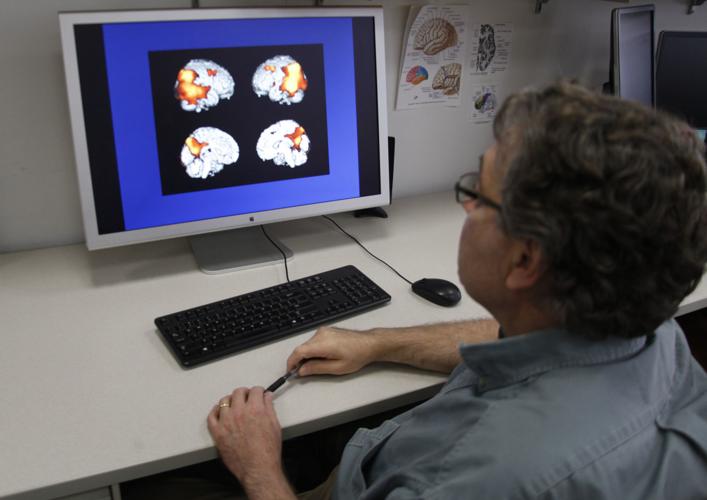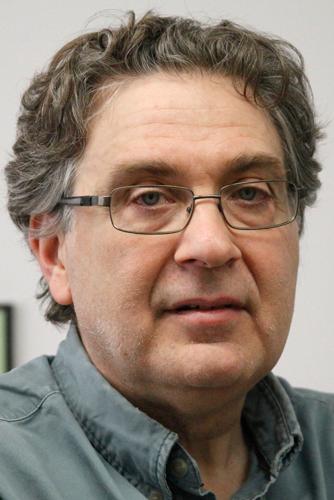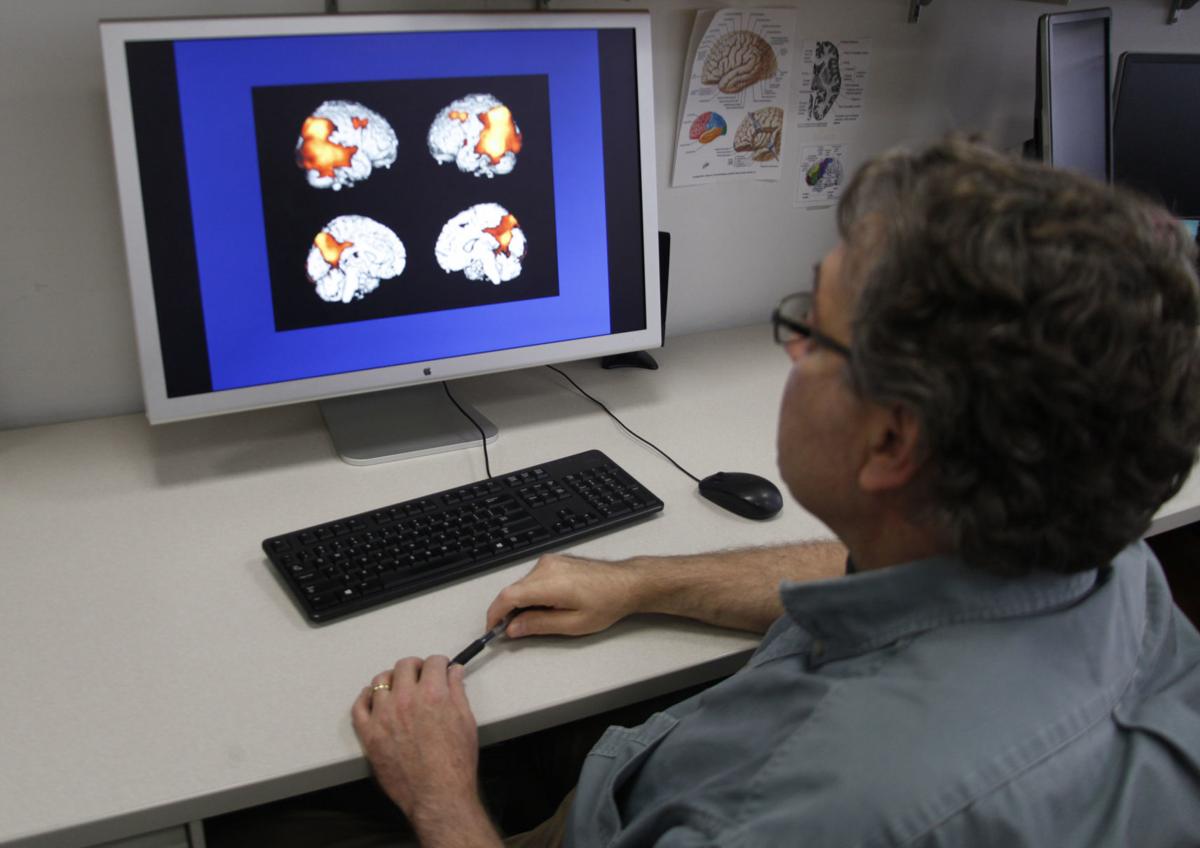A $3.7 million grant was awarded to the Arizona Alzheimer’s Disease Center for researchers to find ways to detect Alzheimer’s earlier and to slow or halt its progress.
The funding includes $1.1 million for research at the University of Arizona, which is a partner of the center.
The National Institute on Aging is funding the grant for the new Brain Imaging and Fluid Biomarkers Core at the statewide center.
A biomarker is a biological molecule found in blood, other body fluids or tissues that is a sign of a normal or abnormal process, condition or disease. A biomarker may be used to see how well the body responds to a treatment for a disease or condition.
Gene Alexander, a UA professor in the departments of psychology and psychiatry, was named director of the new core at the center, a consortium of research partners from several institutions. Alexander also is director of the UA Brain Imaging, Behavior and Aging Laboratory.
Alexander, who has been working in brain imaging and fluid biomarkers research for nearly 20 years, said he is using methods to measure the pathology that occurs in the brain that leads to the cognitive problems people have with Alzheimer’s.
“We are trying to use the techniques in ways that allow us to identify brain changes before the symptoms develop,” Alexander said. “That is important because if we can identify people who are at risk for the cognitive problems of Alzheimer’s disease we can intervene early to help prevent the disease,” he said.
As core director, Alexander will lead the creation of a critical data set of brain images and fluid biomarker measures collected from study participants across the center.
“One of the challenges that the field currently faces is that imaging and fluid biomarker techniques haven’t been standardized very well,” said Alexander. “We’re really working to help come up with universal standards for these markers, so they can be even more useful in identifying people at risk and in evaluating responses to treatment or prevention therapies.”
Researchers will work with more than 200 participants who are 65 years of age and older, including those who are cognitively healthy, mildly impaired and diagnosed with Alzheimer’s disease.
“We are consolidating the expertise and the capabilities across the center under this new core to make it easier for researchers to use these techniques in their Alzheimer’s research in Arizona,” Alexander said.
In addition to the UA, research partners include Arizona State University, the Mayo Clinic in Scottsdale, Banner Sun Health Research Institute in Sun City, and the Phoenix-based Banner Alzheimer’s Institute, Barrow Neurological Institute and Translational Genomics Research Institute.
The Arizona Alzheimer’s Disease Center is one of 32 centers in the country. “There will be opportunities to leverage this new core and work with other centers nationally,” Alexander said.







